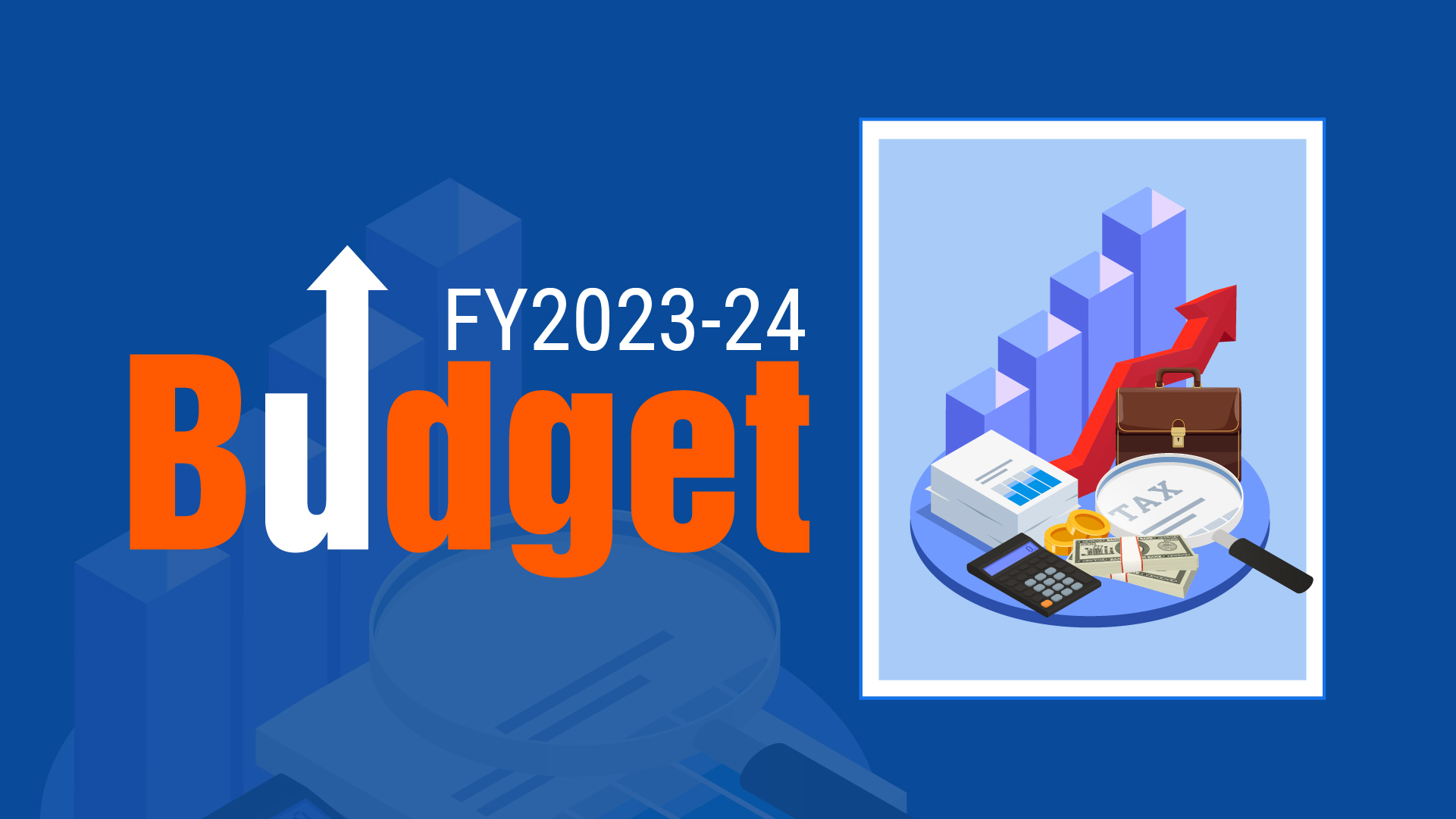Political will needed to save the economy

We strongly concur with the Centre for Policy Dialogue's warning that Bangladesh's economy is in its worst state in recent history, and the situation may worsen if policymakers do not take appropriate corrective measures to address the problems. The main drivers for the current crisis, according to the think-tank, are high inflation, slowing remittance and exports, falling forex reserves, lack of good governance, lax policy implementation, and the inability to make necessary reforms on the government's part. The fact that policies have for long been formulated to protect the interest of influential groups at the expense of ordinary people and the nation remains the greatest obstacle to making the required reforms.
With the next budget to be presented in parliament on June 1, the primary concern for policymakers should be to restore the country's macroeconomic stability. The first step in that direction would be to not repeat the mistakes made during the preparation of the last budget, including the setting of unrealistic targets. For instance, last year the government set an inflation target of 5.4 percent. Yet, actual inflation was slightly below the decade high of 9.52 percent in August last year. Such discrepancy between the government's make-belief scenario and peoples' lived reality has led to one poor government policy decision after another. As a result, the government measures taken to resolve the ongoing problems – such as the initiatives to boost remittances or resolve the ongoing crisis in forex reserves – have also failed.
Furthermore, according to the think-tank, the central bank did not even use its monetary tools to contain inflationary pressure. For example, it should have relaxed the interest rate cap of 9 percent on loans to tackle the high inflation. Additionally, given that the state-owned monopoly Bangladesh Petroleum Corporation (BPC) has made an after-tax profit of Tk 36,074 crore over the last seven years, there is no reason for it to not reduce petroleum prices now.
While the government has pursued a number of poor economic policies, the fact remains that they have largely been driven due to political considerations. Therefore, the only way to make a course correction is for the government to finally develop the necessary political will. We call on the government to put the interest of the nation first – instead of that of special interest groups – in preparing the next budget and its upcoming economic policies.



 For all latest news, follow The Daily Star's Google News channel.
For all latest news, follow The Daily Star's Google News channel. 

Comments